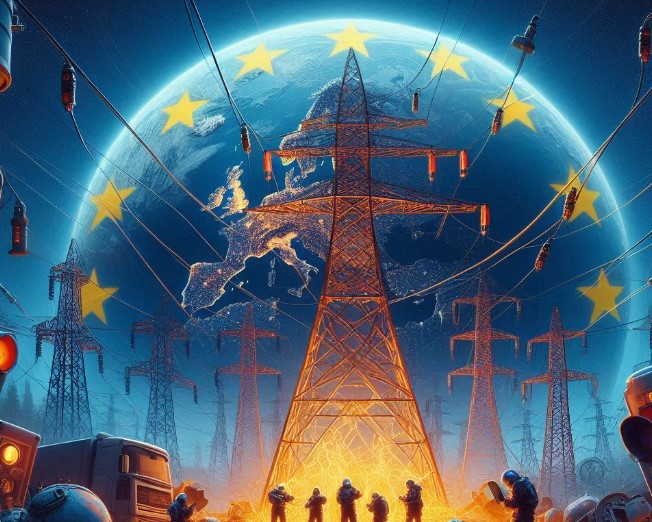These days, it seems as if no event, incident, or cause of any kind could be too big or too small to be used as a pretext for increased censorship in the name of “fighting disinformation.”
Last week, Spain and Portugal experienced an embarrassing episode of massive power outages. The general consensus is that the cause is even more embarrassing: an aging infrastructure that is itself beset by numerous problems—problems that are only exacerbated by the endless attempts to integrate “green” energy sources.
Experts estimate that trillions of dollars are needed to modernize the EU’s electricity grid—or, more precisely, to reconcile reality with ambitious “progressive” policy initiatives so that similar crises can be avoided in the future.
However, the EU bureaucracy seems to be struggling to hold a conversation about these pressing issues.
Instead, it prefers to spread misleading narratives, echoing the words of Commissioner Hadja Lahbib for Preparedness, Crisis Management and Gender Equality, and to focus on issues that are sure to evoke a sense of paranoia among citizens: cyberattacks and supply chain disruptions resulting from these threats.
In other words, instead of addressing the real problems, the focus is shifted to how best to manage information surrounding these issues in order to gain public opinion.
In a conversation with the Spanish newspaper El Mundo, Lahbib mentioned the EU Preparedness Strategy—apparently her “shorthand” for the Union’s formal, yet oddly worded “EU Preparedness Strategy.”
This strategy encompasses a series of measures aimed at “more systematically countering manipulation and disinformation from abroad.” This makes extensive use of the EU Foreign Information Manipulation and Interference Toolkit (FIMI), the Digital Services Act (DSA), and the upcoming censorship initiative – the European Democracy Shield.
So let’s talk about the state of the EU’s electricity grid, the causes, those responsible, and what concrete steps are being taken to address this massive problem.
Judging by Hadja’s statements, that doesn’t seem possible. Let’s just allow the system to rot – and focus on how to “survive” crises.
She decided to take a “victory lap” to discuss the supposed relevance of the strategy in such situations, specifically something called a “72-hour survival kit.”
This addresses issues like floods and fires – however, these references fade into the background when faced with “threats to our phones, computers, banks, supply chains, raw materials, and even the media we consume.”




